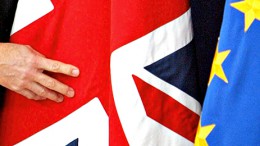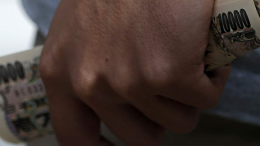Is there (sustainable) growth in Greece?
ATHENS | By Jens Bastian at The Agora | Greece finally exited its six-year long recession in the third quarter of 2014. The Hellenic Statistical Authority ELSTAT said that the economy grew by 0.7 percent in the third quarter (compared to the same quarter in 2013). The positive third quarter reading is the first after 24 consecutive quarters of negative GDP performance dating back to Q3 2008. Still, the economic damage from this recession is staggering. It will take years – perhaps even decades – to bring Greece’s real economy back to the levels last achieved in 2007.




